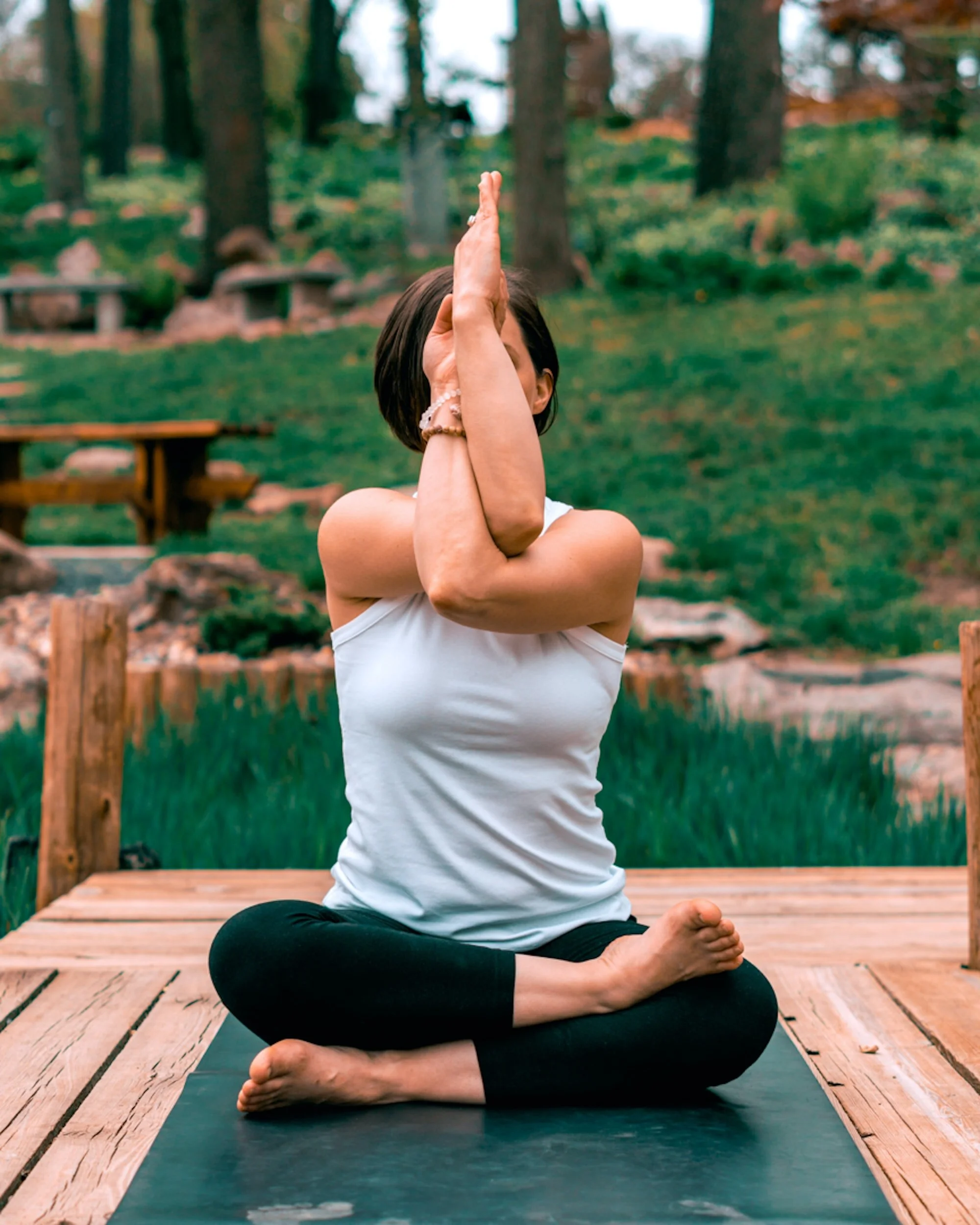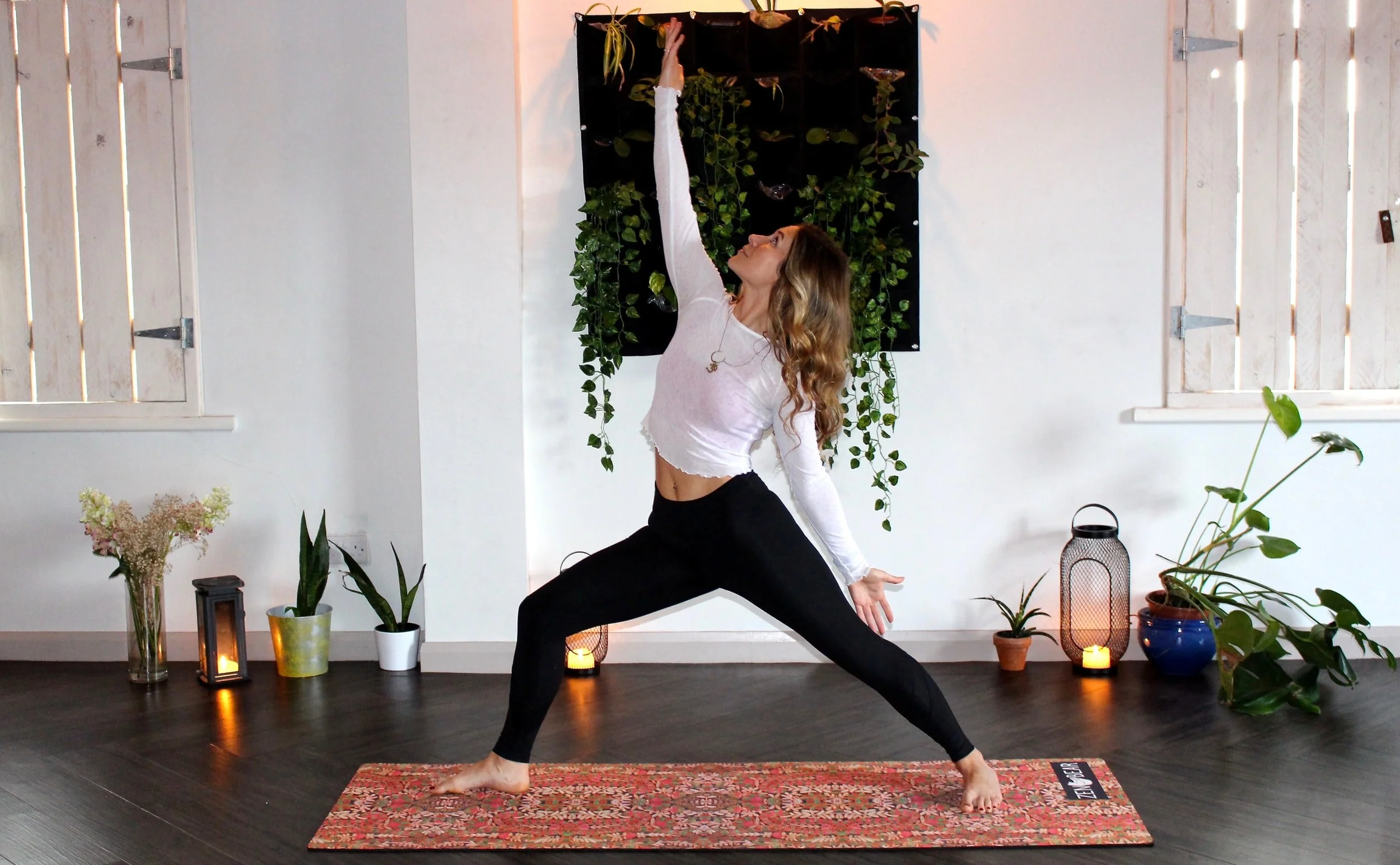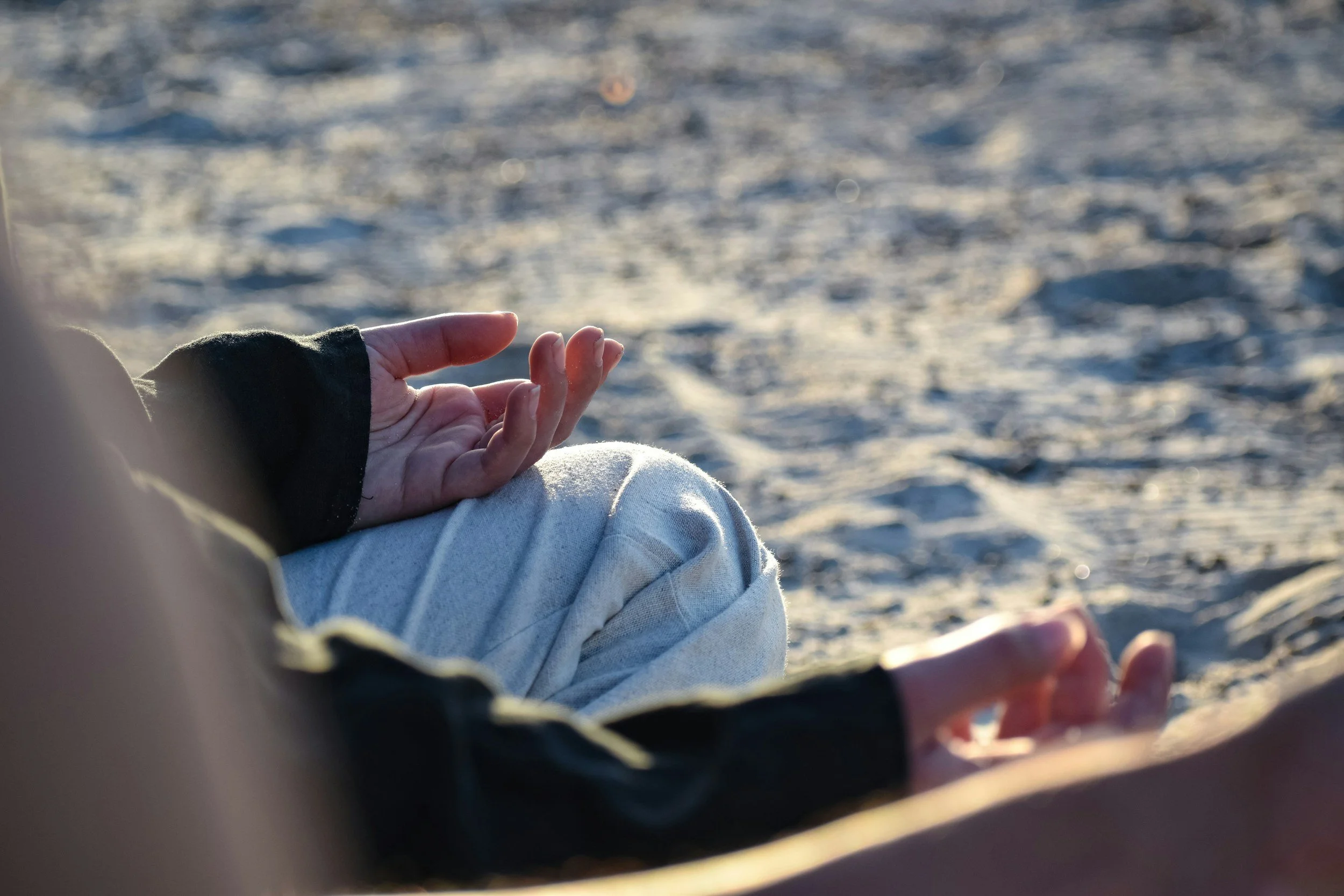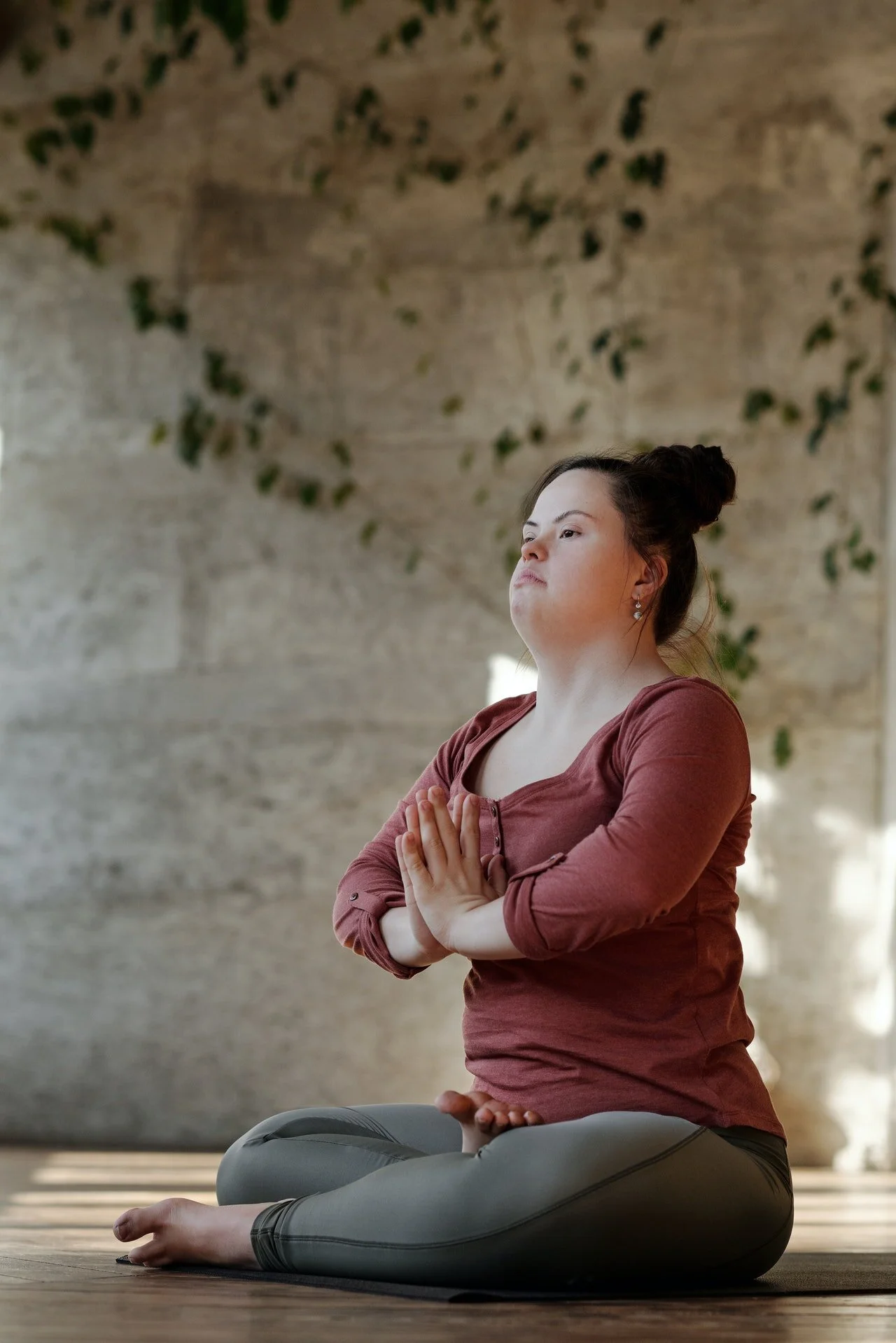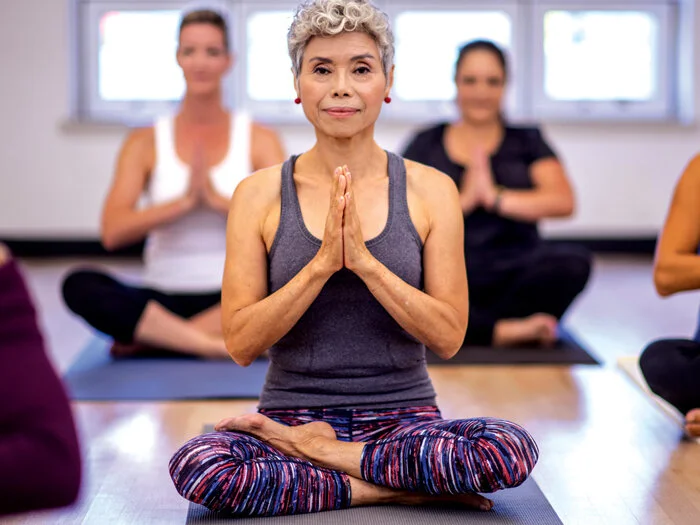Celebrating International Yoga Day: A Journey to Wellness!
“Yoga is an invaluable gift of India’s ancient tradition. It embodies unity of mind and body; thought and action; restraint and fulfillment; harmony between man and nature; a holistic approach to health and well-being. It is not about exercise but to discover the sense of oneness with yourself, the world and nature. By changing our lifestyle and creating consciousness, it can help in well-being. Let us work towards adopting an International Yoga Day.”
- Indian PM Narendra Modi, at United Nations General Assembly (UNGA)
What's the Buzz Around International Yoga Day?
Get ready to mark your calendars for June 21! International Yoga Day celebrates the incredible gifts of yoga in our lives. This special day aligns with the Summer Solstice, symbolizing light, positivity, and the spirit of togetherness. Imagine 177 nations coming together, embracing yoga, and spreading its transformative magic around the globe!
What is Yoga?
Yoga isn't just an exercise; it's a timeless practice that harmonizes the body, mind, and spirit. Originally from India, yoga encompasses various styles that blend graceful postures, mindful breathing, and deep meditation. It's an invitation to connect with yourself, nurture personal growth, and unite with the world around you.
Why Dive into Yoga?
Incorporating yoga into your life is like opening a treasure chest of endless benefits! Regular yoga can amplify your strength, flexibility, and overall well-being regardless of age or fitness level. Research shows it's a game-changer for tackling health concerns like arthritis and chronic pain—making it a go-to wellness strategy that health experts embrace.
Is Yoga Just for Some People?
Not a chance! Yoga is for everyone. It transcends age, body type, and cultural backgrounds, breaking down barriers and fostering inclusivity. There are no prerequisites; everyone is welcome to discover yoga's uplifting and transformative power!
Ready to Start Your Yoga Journey?
Getting started with yoga is easier than you think, even on the busiest days! Here are some fun ways to weave yoga into your life:
(1) Join a local outdoor yoga event—imagine stretching in the park!
(2) Sign up for yoga classes in your community.
(3) Explore online sessions that fit right into your schedule.
(4) Follow along with engaging yoga videos at home.
(5) Integrate wellness practices into your daily routine, like savoring loose-leaf tea or taking a moment for deep breathing.
(6) Create a cozy yoga corner in your home—whether it's your bed at night or a peaceful space during the day.
(7) Try meditation to enhance your yoga experience.
(8) Get involved in your community by volunteering.
(9) Sign up for virtual yoga classes and connect with a supportive community.
(10) Take quick breathing exercises during work breaks for an instant boost!
Final Thoughts
Why not embark on the beautiful journey of yoga? Let it illuminate your path to wellness and peace. Embrace every step and enjoy the incredible benefits that await you!
“Yoga is a light, which once lit will never dim. The better your practice, the brighter your flame.” ― B.K.S Iyengar
Shop Products
Call, email, follow, or shop today to start your journey!
Peace & Wellness, Dr. Nicole

